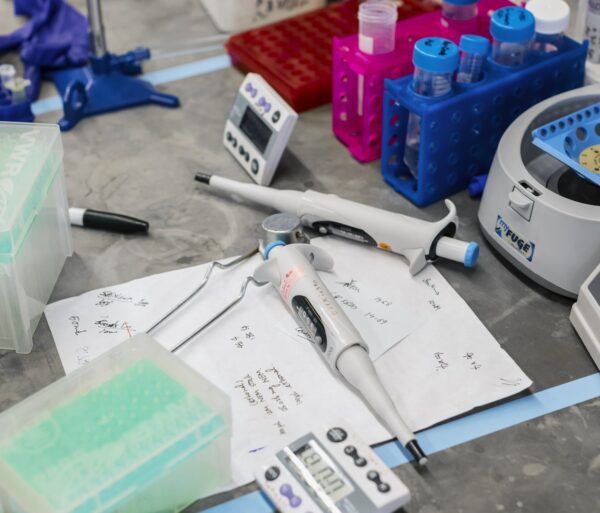The nervous system is a very busy place. Wei Min, Ph.D., and colleagues are trying to determine specifically how busy protein molecules are, and exactly how they function.
Dr. Min’s study is focused on overcoming technological barriers to observing protein synthesis, and learning more about cellular activity in the part of the brain, the hippocampus, that regulates short- and long-term memory.
Technology breakthrough
Extensive efforts have been made in the past to use a variety of imaging technologies to learn more about protein synthesis in the brain. All have fallen short. For his study, Dr. Min proposed using a newly developed, but untested imaging technique to observe protein synthesis in newborn mice. The technique that he designed may facilitate an entirely new body of knowledge.
Highly revealing
His team was able to directly observe, with unprecedented resolution, the dynamics of protein synthesis in living neurons. The detail able to be seen and documented includes space- and time-specific data that are crucial to understanding metabolic activity.
Although the study was still at an early stage, Dr. Min said the team was somewhat surprised by what they have observed. The study may yield new information about how the process occurs down to the level of fine dendritic structures in live neurons as well as in brain tissues.
Implications for many
Dr. Min expected this new imaging technique may help neuroscientists develop new insights relevant for multiple neurodegenerative diseases, including Alzheimer’s, Parkinson’s, and Huntington’s disease.
In addition, the technique may offer a way to study autism, which is known to be related to too much protein in specific types of cells. Dr. Min’s study may also give neuroscientists a way to better understand abnormal metabolism in brain tumors. This is the type of impactful research leading to more advancements that the BRF is eager to support.




